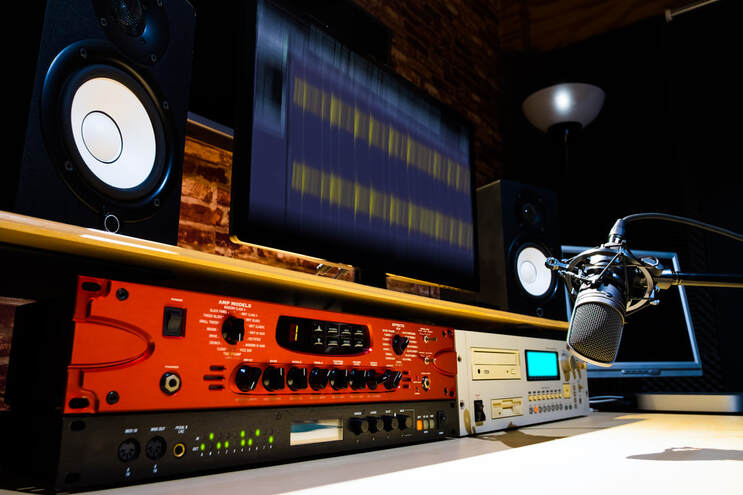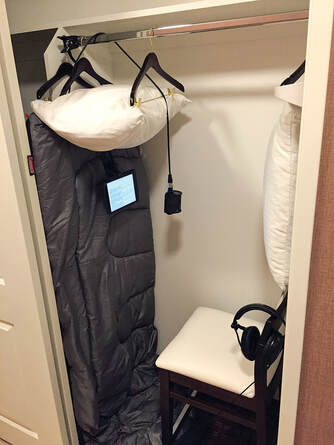|
This guide will show you everything you need to know about how to become a voice actor.
We'll cover three topics:
How to Get Into Voice Acting: The Ultimate Guide
|
|
|
Martin Bentsen (author of this guide) is an actor marketing coach who uses strategic thinking to help actors book more work. He’s helped over 14,000 actors with their careers and actor headshots since 2009 and his photography studio City Headshots is ranked #1 on Yelp. He’s spoken at NYU, The New England Theater Conference, The Actor’s Green Room, and other venues. Want to book more acting work by thinking strategically? Start with his free Actor’s Toolkit to create new opportunities right away, or visit his website at www.martinbentsen.com. |
Further Reading
I'm so grateful for this extremely informative article! I've got it saved. I was wondering of you could drop a few examples of equipment to buy. Low end to high end? Like which mics specifically you've had a good experience with and the same for headset and computer?
Hey Jen, glad you found the article helpful!
In terms of specific gear, since it's always changing as new technology comes out every few months, I generally don't recommend specific pieces of equipment.
However, I did link to some Amazon equipment that works well in the article – you can click the links to be taken directly to the mics, etc.
But at the end of the day, to get started as a VoiceOver actress you should buy gear that's highly rated but not get too bogged down in the "perfect" equipment. It's much better to get started with basic, affordable gear and then once you're booked with work and money is rolling in, invest in some very high-end equipment. Most casting directors and clients you do VO work for won't know or care which gear you use, as long as it sounds "good enough." Does that make sense?







